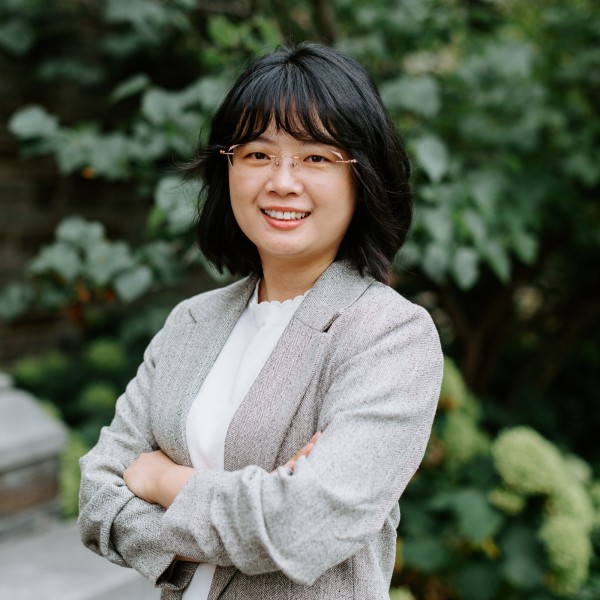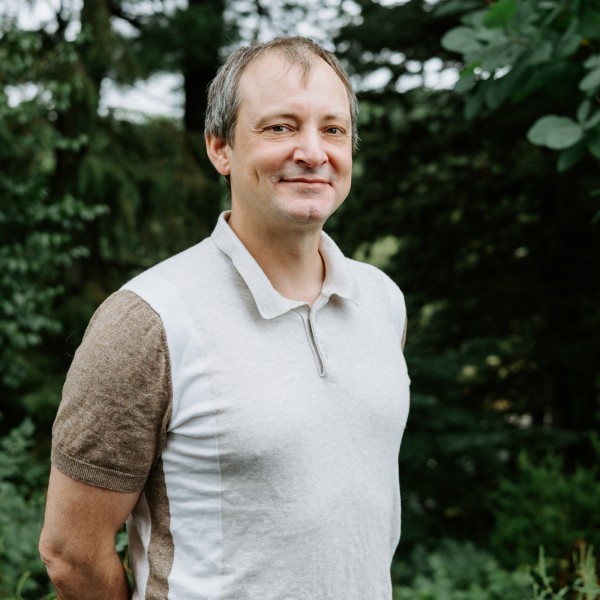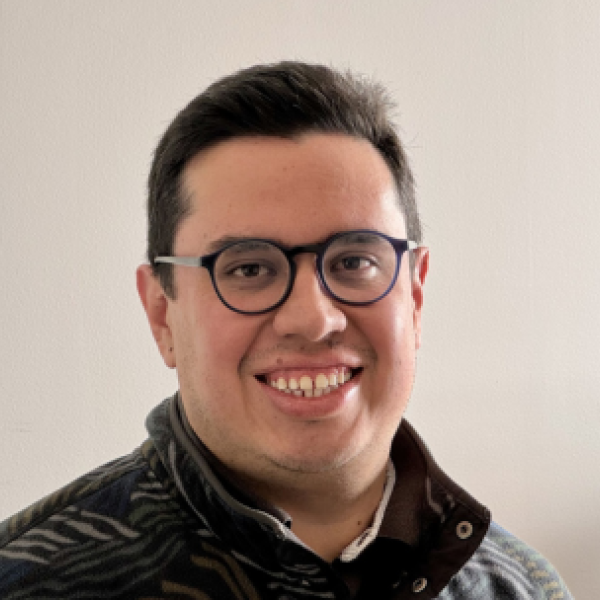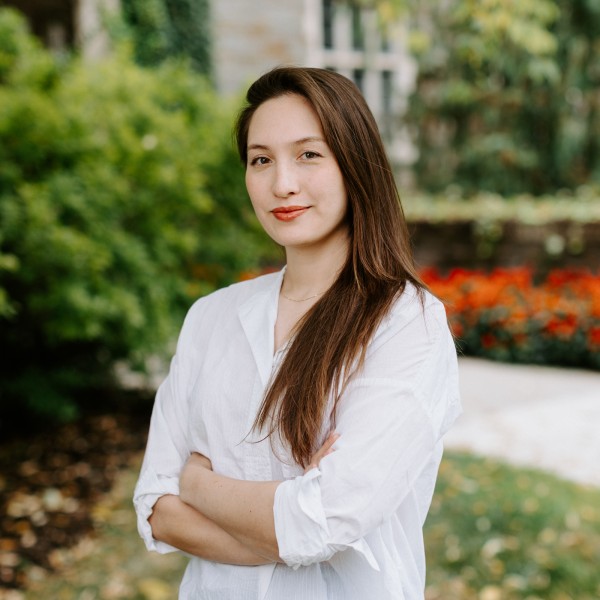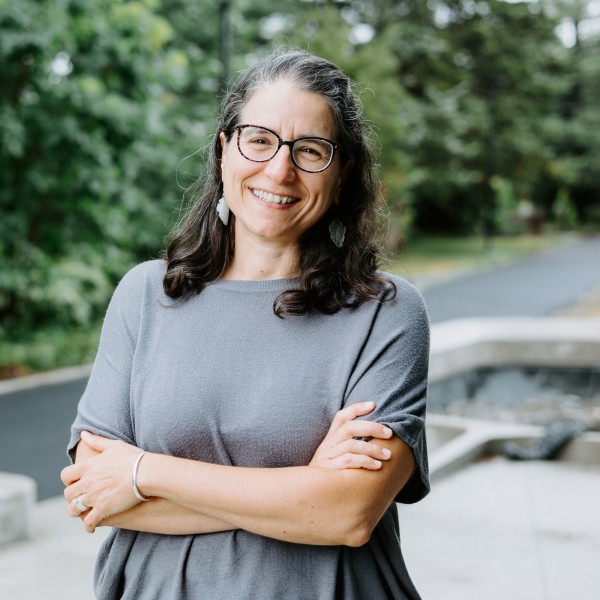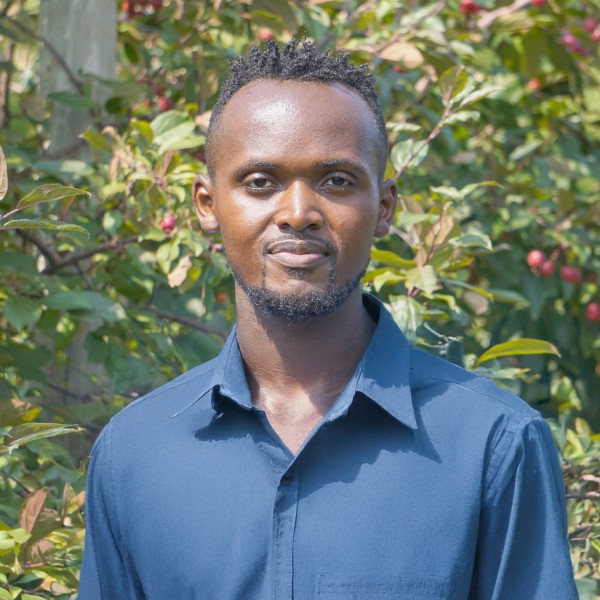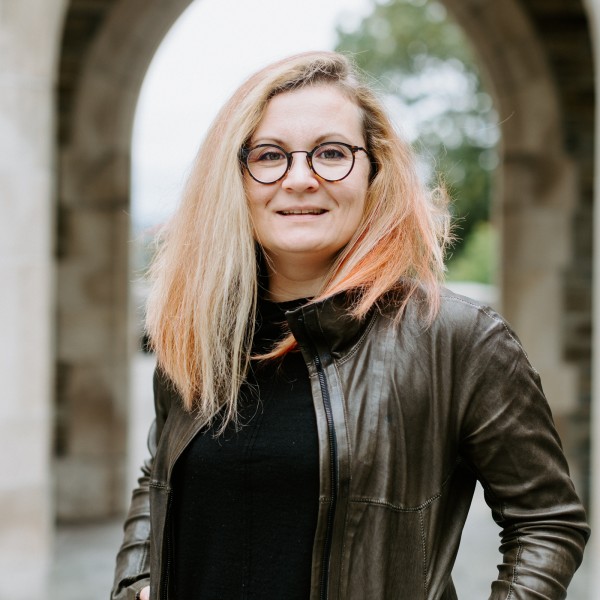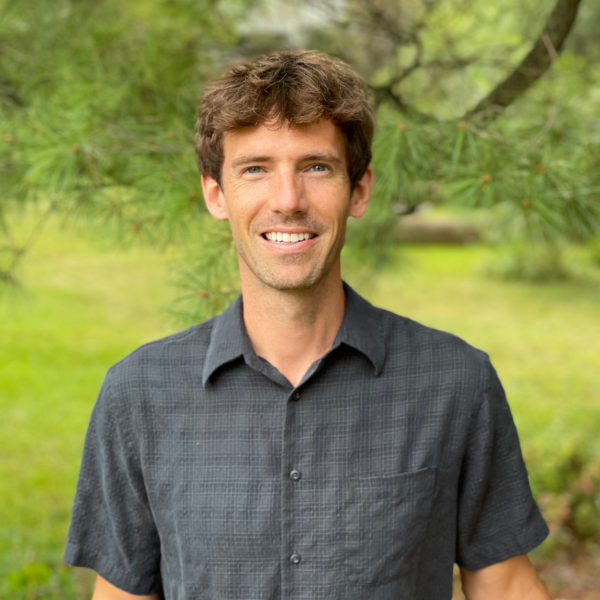Search for News & Stories
Spotlight
Academic focus: Global biodiversity and ecoinformatics Research summary: My research addresses the accelerating biodiversity crisis by developing scalable, data-driven approaches to guide global conservation and sustainability efforts. My lab...
Spotlight
Academic focus: Robotics and artificial intelligence in agriculture, controlled environment agriculture (CEA) Research summary: My research focuses on developing smart cyber-physical systems that integrate cutting-edge robotics, computer vision...
Spotlight
Academic focus: Urban ecology Research summary: I am an urban ecologist attempting to understand the processes and patterns that form urban plant and animal communities. Across systems, plants, insects, fish and birds, my lab uses data collected...
Spotlight
Academic focus: Mechanistic understanding of cognition Research summary: I am fascinated by how the brain represents a model of the world and how it can use this to plan and decide what to do. This structuring of knowledge and information...
Spotlight
Academic focus: Crop ecophysiology under environmental change Research summary: My research focuses on developing fundamental, mechanistic understanding of how CO2 and water move through the complex internal spaces inside leaves during...
Spotlight
Academic focus: Field crops pathology Research summary: We study diseases of major field crops in New York state with one goal: better decisions for growers. We ask how pathogen populations change under selection from host resistance, fungicides...
Spotlight
Academic focus: I will be the lecturer for Genetics BIOMG 2800, which introduces students to basic principles in genetics and genomics, and provides an in-depth presentation of both classic and modern genetics mechanisms. I strive to inspire...
Spotlight
Academic focus: Environmental anthropology; ocean and environmental justice Research summary: Situated at the intersection of the social sciences, natural sciences and humanities, I am a holistic scholar focusing on research, pedagogy and...
Spotlight
Academic focus: Physical oceanography, air-sea interaction Research summary: I am an oceanographer who uses observational data to study the physical processes that drive fluxes of heat, momentum and biogeochemical tracers in the ocean. My work...
Spotlight
Academic focus: Environmental change in terrestrial and aquatic systems Research summary: My research integrates geophysical methods with computational approaches to study environmental and ecological change across terrestrial and aquatic...
Spotlight
Academic focus: Forest governance and livelihoods, community-based natural resource management, social-ecological systems, conservation social science, environmental justice Research summary: I lead the Forests, Livelihoods, Institutions and...
Spotlight
Academic focus: Regulation and function of transposable elements, small RNA biology, chromatin biology Research summary: My research focuses on how transposons – genetic elements that are able to jump around and propagate in our genome and...
Spotlight
Academic focus: Sustainability of livestock and food production systems Research summary: I study the role of animals in sustainable food systems at the farm, ranch, region, landscape and supply chain scale. My lab combines modeling and field...
Spotlight
Academic focus: Seed pathology, integrated pest management and seed microbiomes Research summary: My research bridges science and practice in crop production, with a focus on seed germination, disease diagnostics and management, seed microbiome...
Spotlight
Academic focus: Causality and robustness in statistics and data science Research summary: I study how we can make statistical and machine learning methods more reliable for understanding cause-and-effect relationships in the real world. My work...
Spotlight
Academic focus: Evolutionary ecology Research summary: Our research group seeks to understand the interplay between evolutionary processes and ecological patterns. We mainly work with plants and insects but dabble in microbes, too. Our interests...
Spotlight
Academic focus: Plant microbiomes Research summary: Plants coexist with dynamic and complex microbial communities. I study how host genetics and environmental stressors collectively influence microbiome composition and function. By studying crop...
Spotlight
Academic focus: Vegetable physiology and climate resilience Research summary: I conduct research in vegetable physiology with a strong focus on enhancing climate resilience. My research centers on understanding how environmental stressors such...
Spotlight
Academic focus: Bacterial signal transduction and biofilm formation Research summary: I study how a group of critically understudied bacteria, non-tuberculous mycobacteria (NTM), produce biofilms. Biofilms occur when bacteria attach to surfaces...

We openly share valuable knowledge. Often through email.
Sign up for more insights, discoveries and solutions.
Please enter a valid email address to subscribe to the newsletter.



